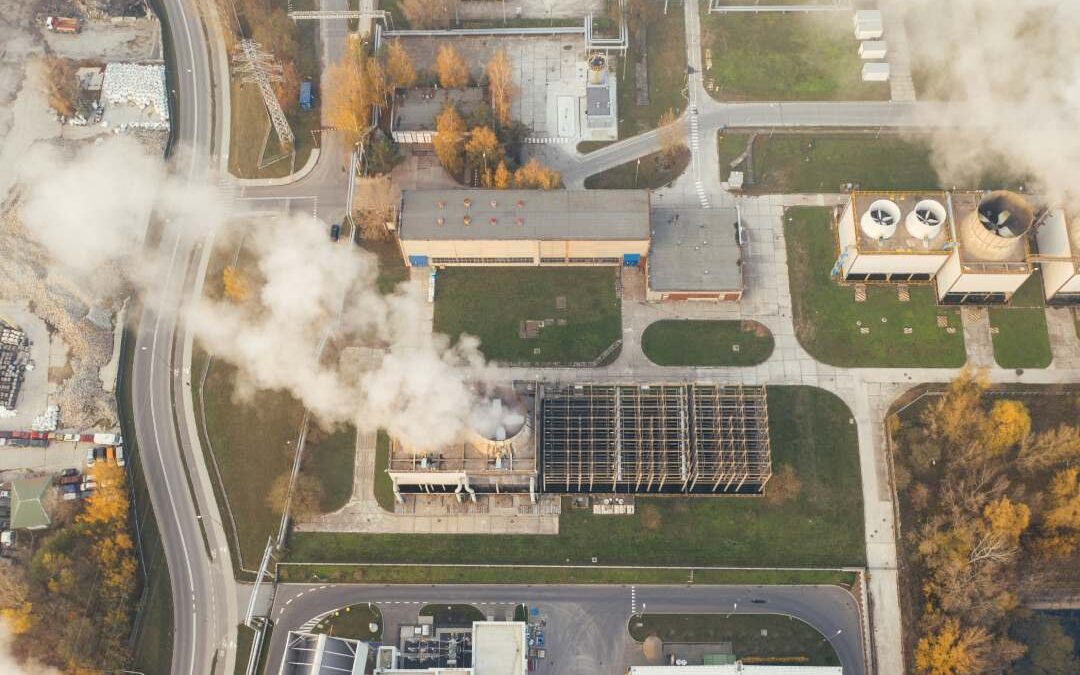Carbon Credit Systems Need a Digital Overhaul to Ensure Quality: Invest India CEO
The quality recently came under the spotlight when carbon credit verifiers were criticized for approving poor-quality offsets.
Carbon credit accreditation agencies will need to strengthen their digital measurement, reporting and verification (MRV) systems to ensure the quality of certification, said a senior government official.
“By harnessing digital solutions for MRV and actively involving the private sector, we can ensure the integrity and efficacy of our carbon trading system,” said Nivruti Rai, managing director and CEO of Invest India, in its report on carbon markets as a financing tool released recently.
Invest India is the government’s official investment promotion and facilitation agency. It is a one-stop shop for investors exploring business opportunities in India.
The report underscored the importance of enhancing the quality of certificates in the carbon market. This is crucial as it ensures a rigorous assessment of a project’s lifecycle in reducing carbon emissions, particularly in sectors that rely on nature-based solutions. The quality recently came under the spotlight when carbon credit verifiers were criticized for approving poor-quality offsets.
Titled “Carbon Markets as a Tool for Climate Financing: The India Story,” the report observed that establishing digital MRV systems for carbon credits could be a game changer that addresses the fundamental problem of trading and financial markets – information asymmetry.
It added that these systems could also attract capital flows towards credible projects, given that India and China are expected to become two of the largest carbon markets in the world.
“With India’s rapid economic growth projected to drive significant demand across various sectors, the imperative for accelerated decarbonization efforts cannot be overstated,” said Rai in the report.
Deloitte Economics Institute’s 2021 study underscored the urgency for India to act decisively, highlighting potential economic losses of $35 trillion over the next five decades if unchecked alongside the prospect of gaining $11 trillion through proactive climate action.
“The burgeoning voluntary carbon market, expected to soar to $40 billion by 2030, presents promising opportunities for stakeholders to actualize their climate objectives and catalyze the transition towards a low-emission future,” Rai pointed out.
Interchangeable carbon instruments key to India’s decarbonization
According to the report, the interchangeability of available instruments in the carbon market is extremely critical to drive decarbonization strategies in high-emitting sectors across India.
The report said: “Fungibility of ESCerts, RECs, and emission reduction units with the integration of energy exchanges is necessary since many decarbonization strategies for high-emitting sectors will be based on energy transition.”
ESCerts are issued by the Government of India under the Ministry of Power to designated consumers as part of the Perform, Achieve, and Trade scheme, a market-based mechanism to improve energy efficiency in energy-intensive industries. RECs, on the other hand, are market-based instruments in India designed to promote renewable energy and facilitate compliance. It is expected that these instruments will be made convertible under the larger ambit of carbon certificates for the new projects once the Indian domestic carbon market is operational.
The report raised concerns about how the two certificates will co-exist in the recently announced Green Credits Program (CGP) to promote voluntary environmental actions. Introduced in October 2023, the GCP is an innovative market-oriented mechanism designed to encourage voluntary environmental initiatives across diverse sectors, beginning with water conservation and afforestation.
“India expects to build on its domestic experience of PAT schemes and REC to create such a carbon trading system with GHG-emission-denominated units that are fungible, tradeable, and aligned with global standards,” said Namita Vikas, the founder of auctusESG and one of the report’s authors.
The Carbon Markets Association of India and the National Institute of Public Finance and Policy also participated in the study.
Read More
Carbon Pricing Generates Record $104B Revenues in 2023, Says World Bank

